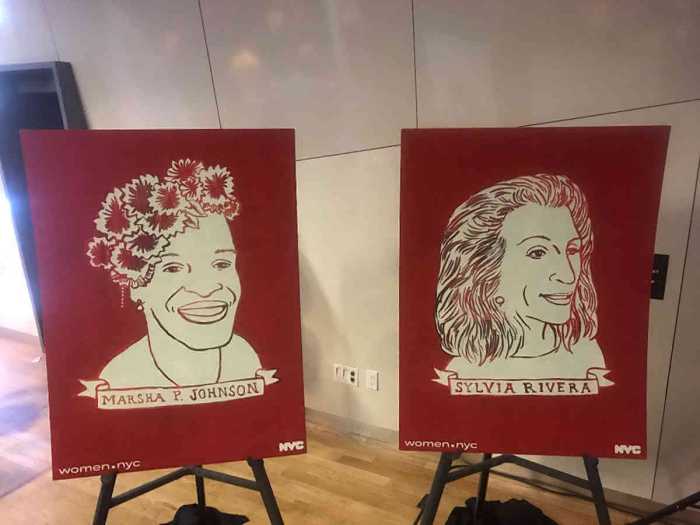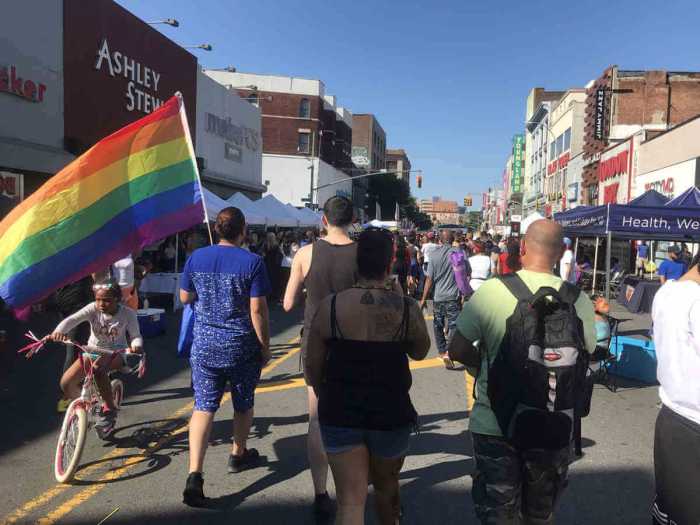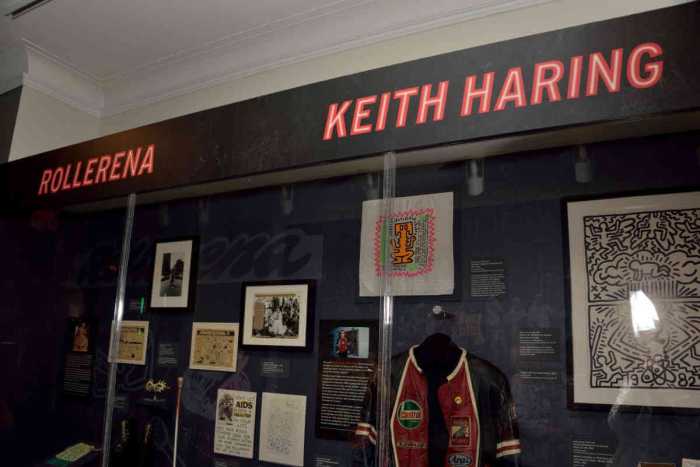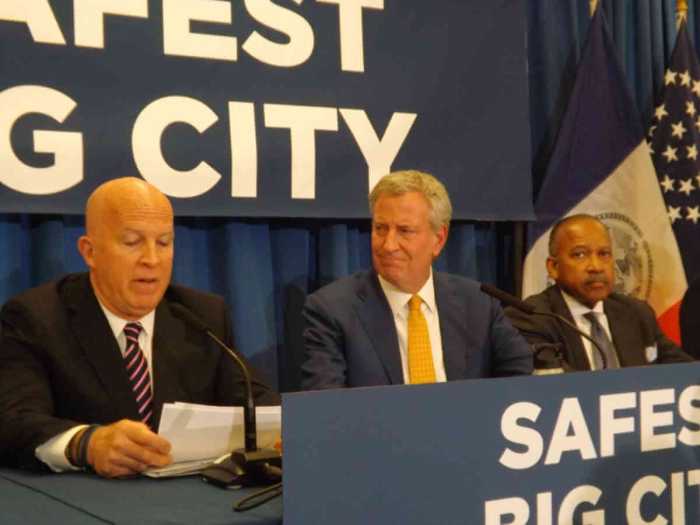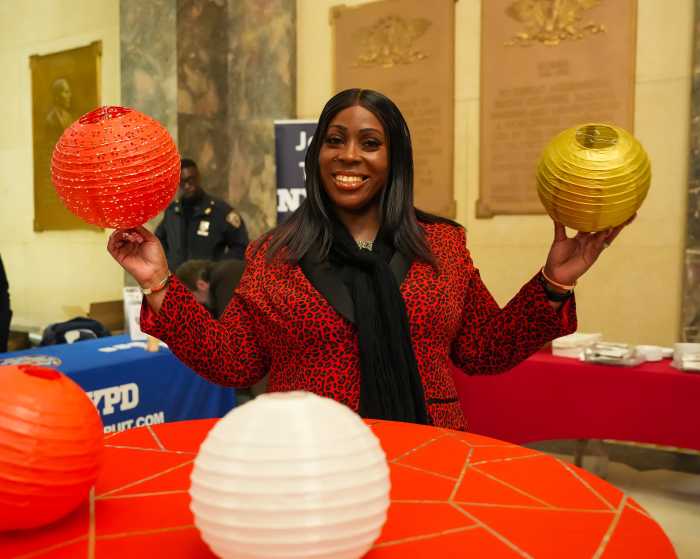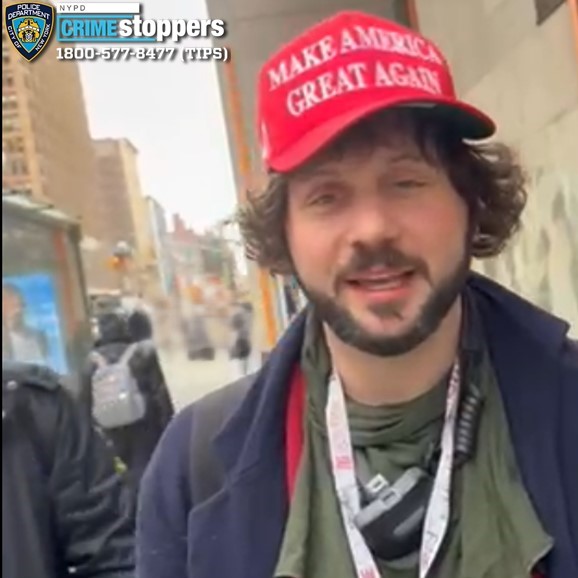Heritage of Pride, the group that produces New York City’s annual Pride Parade and related events has selected grand marshals for this year’s march that recognize the community’s history, its current state and its future, and the international scope of this year’s events.
“We’re really thrilled with the group of grand marshals we have this year,” said James Fallarino, a spokesperson for HOP, which has produced New York City’s Pride events since 1984. “The goal was for them to reflect what WorldPride 2019 and Stonewall 50 are all about. This honors our history and charts a path forward for the movement.”
This year’s march commemorates the 50th anniversary of the 1969 Stonewall riots, which mark the start of the modern LGBTQ rights movement. HOP is also producing this year’s WorldPride, which is an international event that includes parades, rallies, and conferences. There have been five WorldPride meetings, with the first held in Rome in 2000. This is the first WorldPride to be held in the US.
The marshals are the cast of “Pose,” a television series set in 1980s New York City that explores the ball culture world and the downtown social and literary scene; Phyll Opoku-Gyimah, a co-founder of UK Black Pride; the Gay Liberation Front, the very first LGBTQ activist organization formed after the Stonewall riots; The Trevor Project, a national organization providing crisis intervention and suicide prevention services to LGBTQ youth; and Monica Helms, a transgender activist and the creator of the Transgender Pride Flag.
The march always takes place on the last Sunday in June and steps off at noon. This year, contingents will be staged in the blocks above 26th Street and east and west of Fifth Avenue. The march will head south on Fifth Avenue, west on Eighth and Christopher Streets past the Stonewall Inn, the site of the 1969 riots, and north on Seventh Avenue to disperse in the blocks above 24th Street.
Like 1994, which marked the 25th anniversary of the riots, there will be a second march on June 30. Produced by the Reclaim Pride Coalition, the second march will be staged on Seventh Avenue near Sheridan Square. At 9 a.m., it will travel north on Seventh Avenue, turn east on 23rd Street and then north on Sixth Avenue to Central Park for a rally on then Great Lawn. That route and rally roughly approximate the route and rally from 1970, the first commemoration of the riots. The Coalition members object to the corporate floats and police presence in the HOP march.
“Like many people in the Gay Liberation Front, I am appalled that the HOP march has become so corporatized, but I understand that the GLF has a responsibility to the millions of people who do not understand that the gay revolution started with us,” said Perry Brass, a GLF member and noted author. “Some of us will be at the HOP march and some of us will be with the Reclaim Pride March. GLF is not making a demand that our brothers and sisters march in either march.”
The 1994 events were not produced by HOP. In a nod to the international element that year, Stonewall 25, the group that executed that year’s parade, ran the march on First Avenue past the United Nations building. A second group objected to the abandonment of Fifth Avenue, which carries a certain elevated status for parades in New York City, and aimed to commemorate what participants said were the march’s radical roots. That second march went up Fifth Avenue to the Stonewall 25 Central Park rally.




